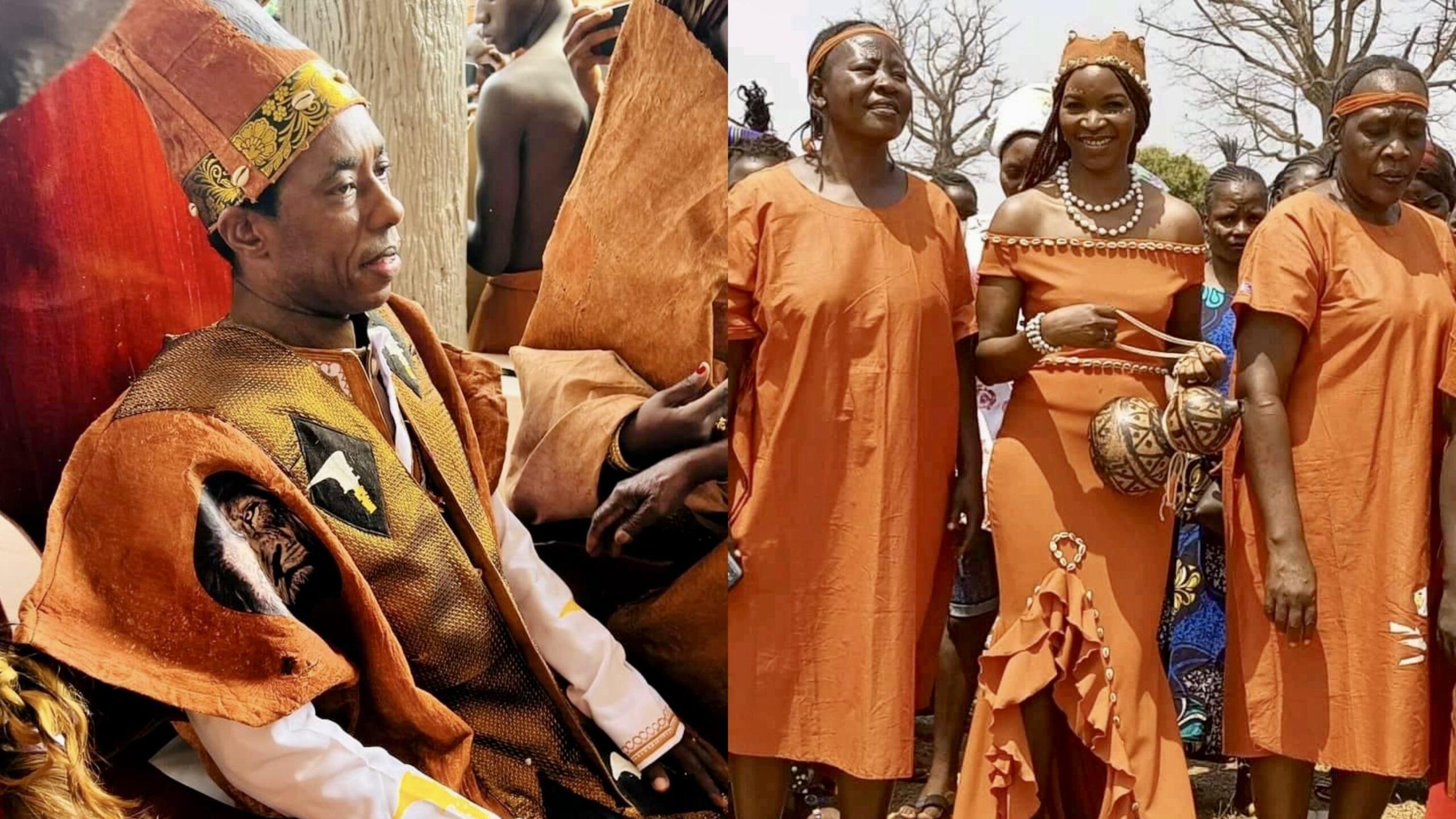The great-grandson of King Gbudue, Atoroba Peni Rikito Gbudue was installed as the Kingdom’s hirer on Gbudue day.
February 9 [Gbudue Day] is a cultural day agreed upon to be celebrated yearly by the Azande of South Sudan, inside and in Diaspora to remember, honour and celebrate the life of King Gbudue.
According to the Rift Valley Institute, Gbudue was a royal Azande leader and arguably the most prominent person in the recent history of the Azande people, who are resident in the central and western parts of South Sudan’s Equatoria regions.
During his rule, Gbudue faced incursions from ivory and slave traders, Egyptian Government officials, officials in the Mahdia, British and Belgium forces—as well as participating in internal Zande wars.
He was killed during a British patrol led by Major Boulnois in February 1905. However, there are different versions of Gbudue’s death.
The anthropologist Evans-Pritchard, an English man, put together various accounts, based on Zande oral histories collected during doctoral research between 1926 and 1930.
These suggest that Gbudue was shot in the arm when the patrol entered his homestead.
He then shot three members of the patrol and injured a donkey that had been brought to transport him to the military post at Birekiwe, the original name of the current Yambio County.
In doing so, the British soldiers were forced to carry Gbudue on a stretcher to a hut where he was put under guard and succumbed to his injuries. Some accounts suggest he died alone, others that one of his wives, a daughter of Tangili, was with him
After his death, the Anglo-Egyptian military administration received intelligence that some of Gbudue’s sons were planning an armed revolt and in January 1914, Mange, Basongoda, Mopoi and Gangura were sent as prisoners to Wau and on to Khartoum.
With the exception of Basongodo, who died in Wau, they were eventually released and returned home.
Ever since his demise, the Azande has never had a successor for more than a century now.
Today, Gbudue has become a symbol of anti-colonial nationalism.
The new description of him as a ‘Martyr’ at his grave ascribes him a place in the South Sudanese liberation struggle.
For many Azande people, his rule represents a golden era before the disruptions of colonization and war.
To make his legacy stay, there have been calls, including from Gbudue’s great-grandson Atoroba Peni Rikito Gbudue, to revive traditional authorities and the Zande Kingdom, of which Gbudue was the last ruler.
Badangbu Daniel, a member of the Azande’s royal family said Atoroba Peni Rikito Gbudue would be installed as the King on Wednesday.
“We are restoring the Kingdom for preservation and promotion of our rich cultures as African people which is a pride of South Sudan,” a member of the royal family told media.
“We are restoring the Kingdom for development, to transform our people in socio-economic development, health and agriculture so that we can supplement the government program also in service delivery to the people.
“It is not going to be that type of Kingdom that will infringe on anyone’s right, we are not even going to temper with other ethnic groups who are there.
“Our children must know how we were brought, how we were living and the person who is coming is a very strong man and he is from the royal family, he has been known by people.
“The Azande, they are not restoring the Kingdom for hostility or for war. We have lived together for 117 years.”
The Azande are a Bantu group and their language is similar to the other Bantu languages. Approximately five dialects of Azande are spoken throughout the area they occupy.
President Salva Kiir of South Sudan and other senior government officials including the speaker, Jemma Nunu Kumba are expected to attend the historical event.
 The African History Truly African
The African History Truly African

